Advanced electromyography testing that pinpoints exactly what’s causing your numbness, tingling, or muscle weakness.
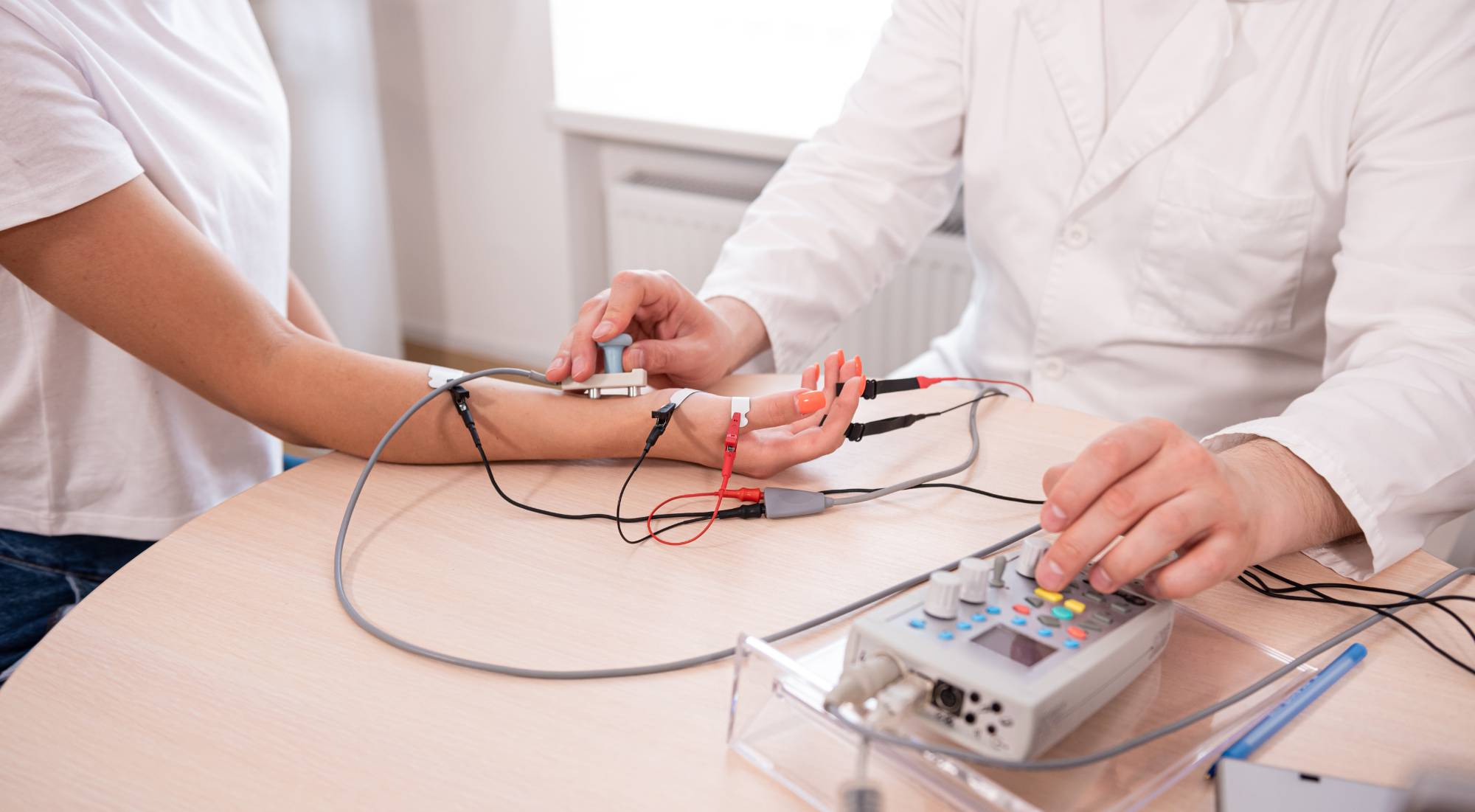
Reviews
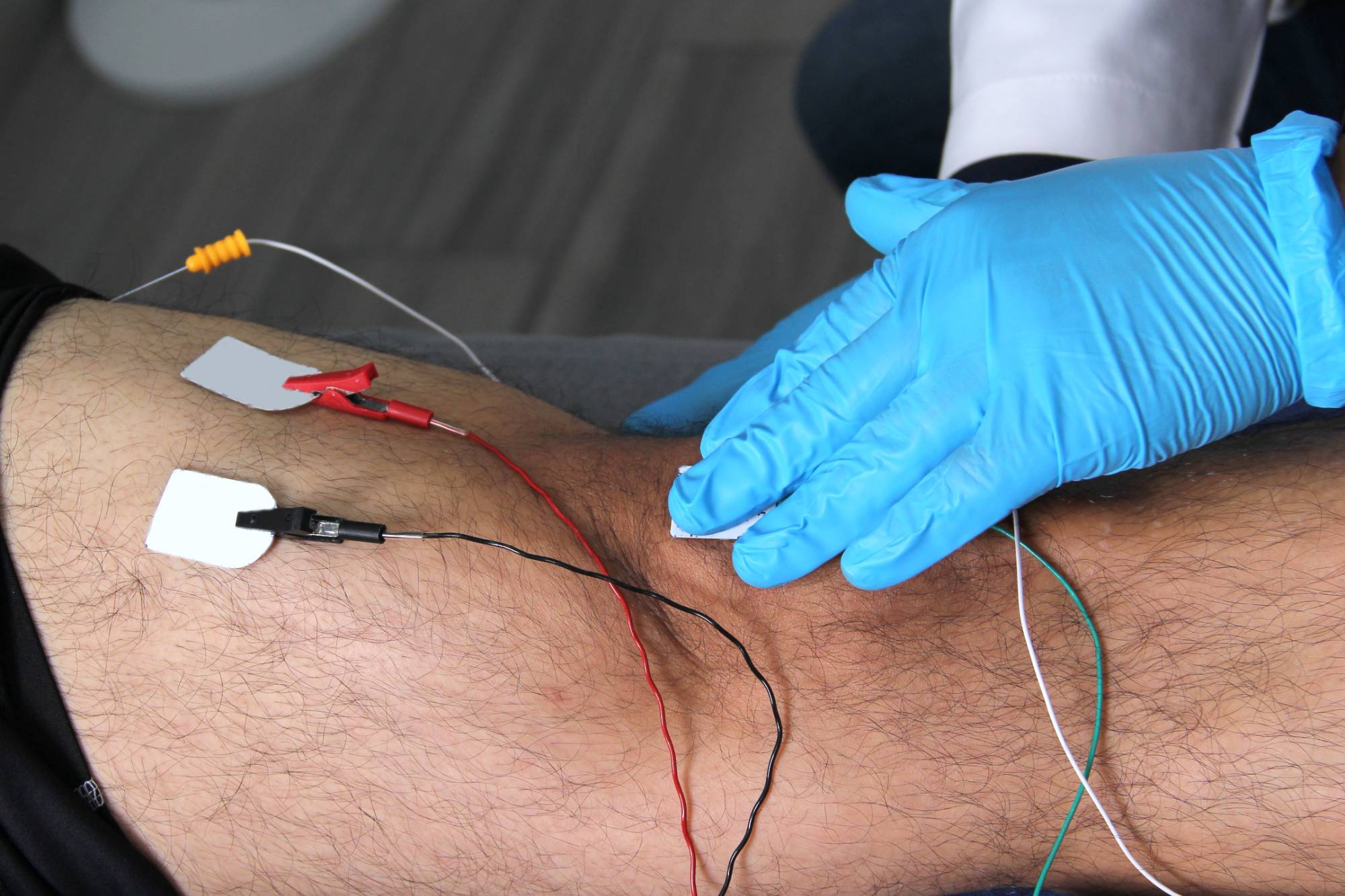
You’ve been dealing with symptoms that don’t make sense. Numbness that comes and goes. Tingling that keeps you awake. Muscle weakness that makes simple tasks frustrating.
EMG testing gives you concrete answers. We measure how well your nerves and muscles communicate, identifying exactly where problems exist and how severe they are.
When you know what’s actually wrong, you can stop guessing about treatments. You can target the real problem instead of managing symptoms that keep coming back.
We’ve been serving New Providence and central New Jersey for years, specializing in spine and nerve-related conditions. Our team uses advanced diagnostic equipment to provide accurate results you can rely on.
We understand that nerve problems affect every part of your life. That’s why we take time to explain your results clearly and discuss what they mean for your specific situation.
You’re not just getting a test here. You’re getting answers from specialists who see these conditions every day.
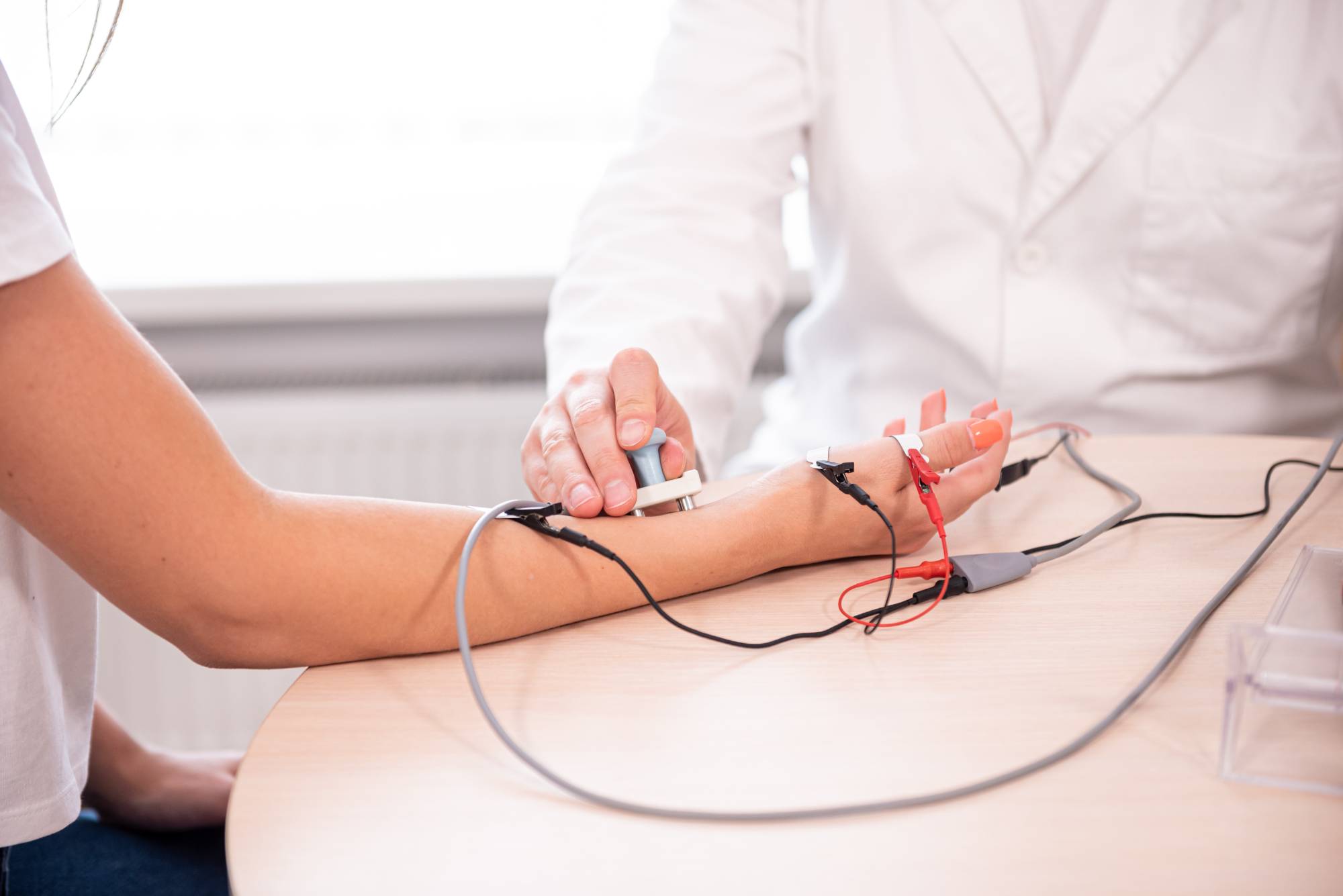
The EMG test has two parts that work together to give us a complete picture. First, we perform nerve conduction studies using small electrical impulses to measure how fast signals travel through your nerves. This shows us if nerves are damaged and where.
Next, we use thin needle electrodes to test muscle activity during the electromyography portion. This reveals how well your muscles respond to nerve signals and whether muscle tissue itself has problems.
The entire process typically takes 30 to 60 minutes. You’ll feel some mild discomfort during needle insertion, but most patients tolerate it well. We explain everything as we go and can stop anytime if needed.
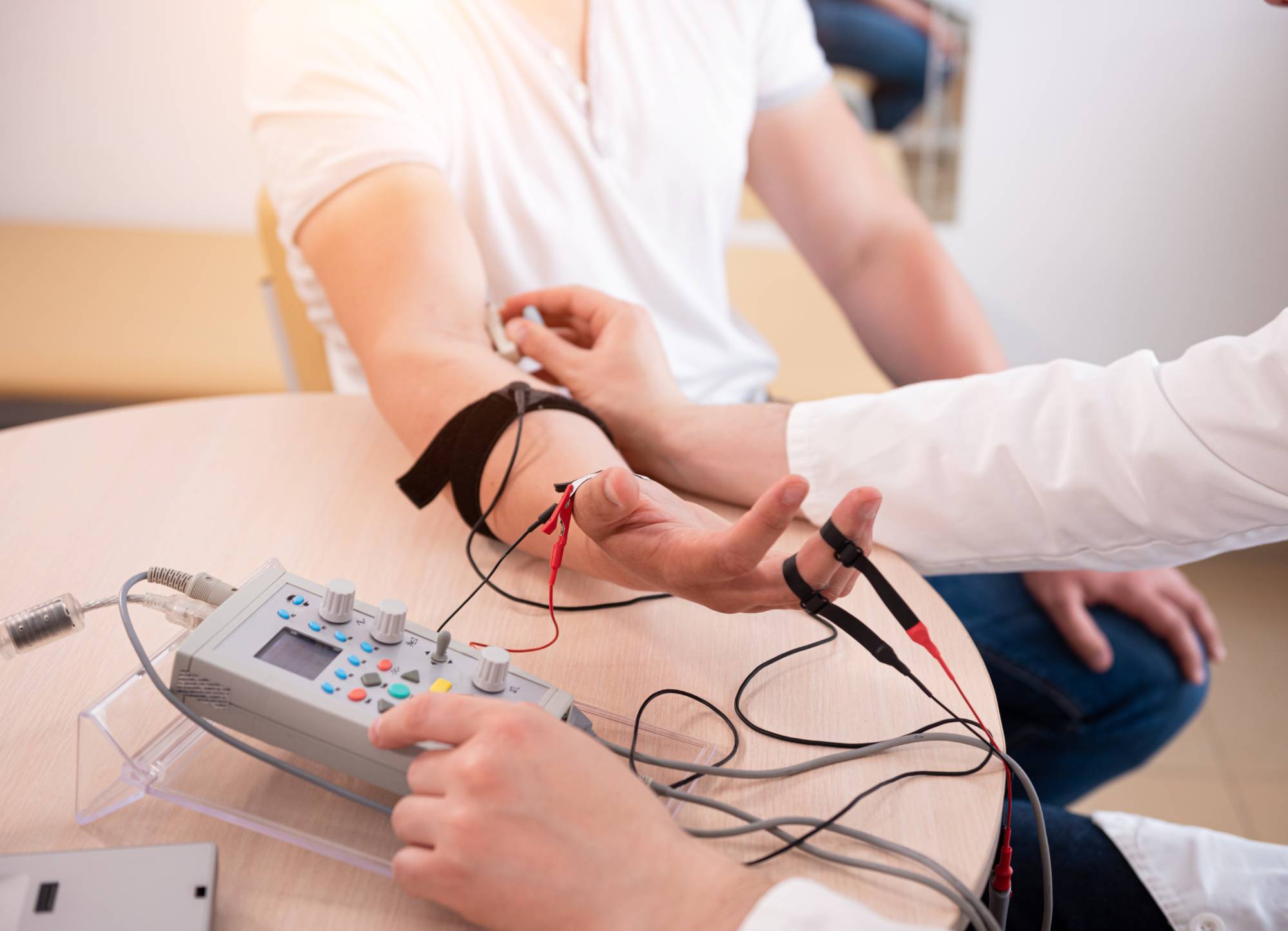
Ready to get started?
Your EMG testing appointment includes both nerve conduction studies and electromyography testing in one comprehensive session. We test multiple nerve pathways and muscle groups to identify patterns that point to specific conditions.
You’ll receive immediate feedback during the test about what we’re finding. After completion, we review all results with you in detail, explaining what the measurements mean and how they relate to your symptoms.
We also provide a complete written report for your referring physician and discuss next steps for treatment based on your specific diagnosis. Most insurance plans cover EMG testing when medically necessary.
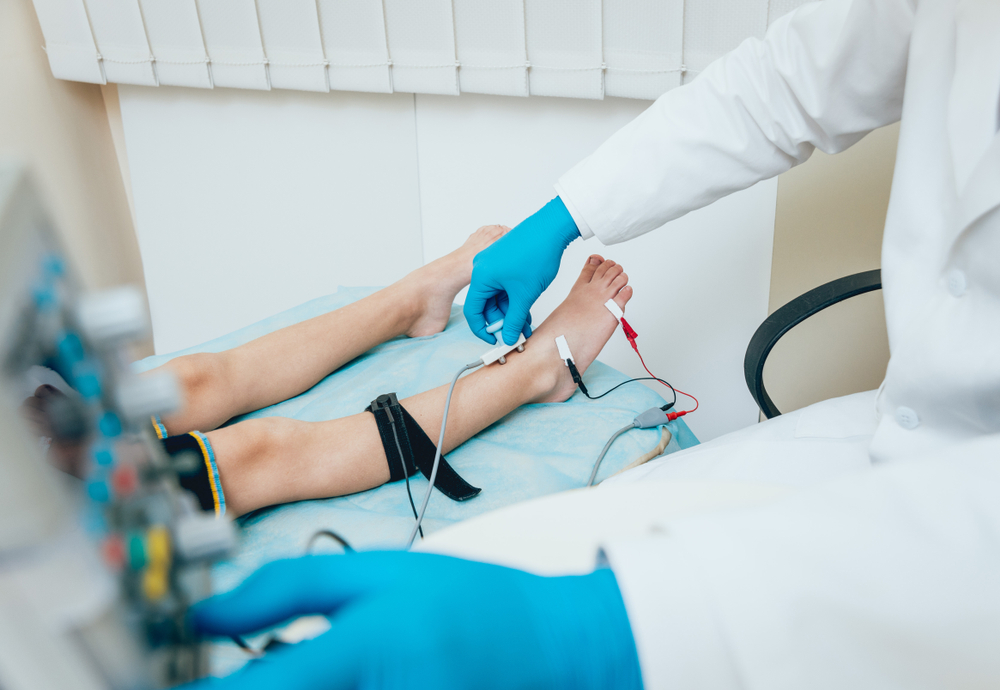
New York:
Florida:
Support